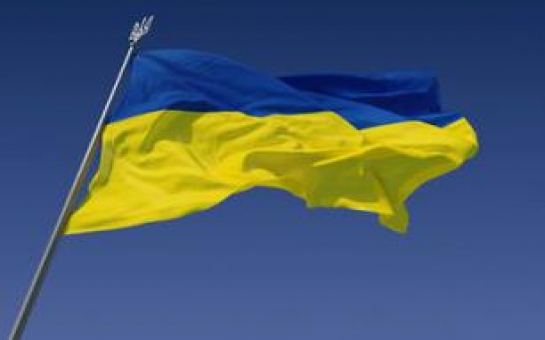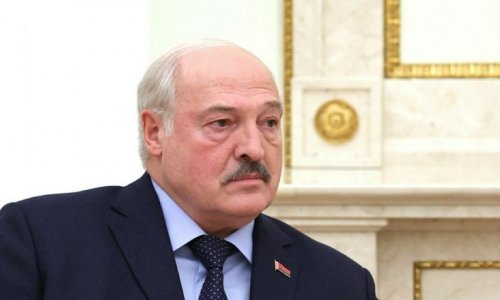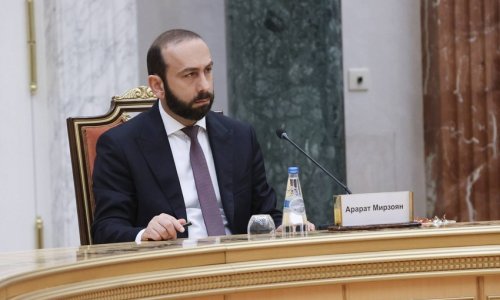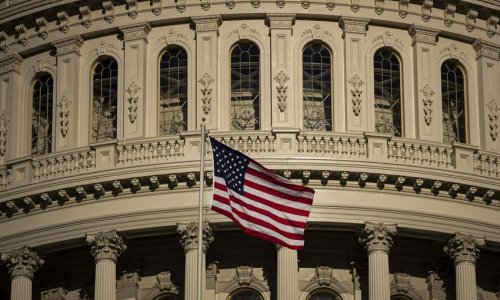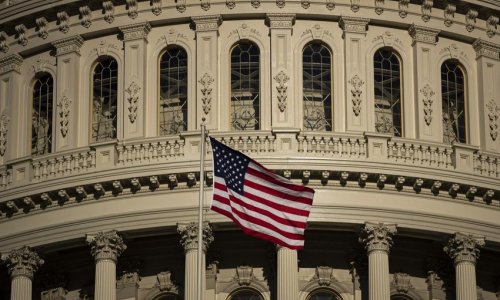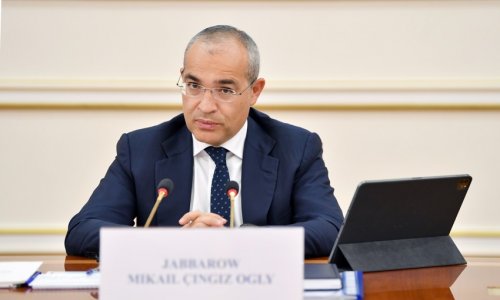As Ukraine looks to solve its escalating crisis, the nation’s military has so far been out of the equation.
Two decades of budget cuts have left the army a shadow of its post-Soviet-breakup self. Even with loyalists across the top of the command structure, the poorly trained and ill-equipped military is unlikely to be an option for President Viktor Yanukovych. Soldiers also loath getting involved in politics, unlike in other hotspots including Egypt.
“Morale is low,” Susan Stewart, the deputy head of the Eastern Europe and Eurasia Research Division at the German Institute for International and Security Affairs in Berlin, said in an interview. “They are relatively poorly trained and their equipment is inadequate.”
While the president’s inability to staunch a wave of popular protests in the city’s main square echoes the final days of former Egyptian President Hosni Mubarak in 2011, Russian-born Defense Minister Pavlo Lebedev has said the Ukrainian army won’t get involved on either side.
Yanukovych and the opposition are at an impasse after concessions by the government failed to end the spreading protests that turned deadly last week. With the cabinet’s resignation not enough to placate activists, the two sides are bracing for escalating tensions.
‘Urgent Steps’
The Ukrainian president, who went on sick leave yesterday, denounced opposition leaders and accused them of putting their political interests “above the existence of Ukraine itself.”
The European Union warned that the conflict threatens to escalate into a civil war that may break Ukraine apart. The country’s 182,000 military personnel have so far stayed in their barracks throughout the crisis.
The Defense Ministry called on Yanukovych “to take urgent steps, within the limits of law, to stabilize the
country.” Ministry staff members at a general meeting yesterday expressed “support” for Yanukovych and spoke of the “threat” to the territorial integrity of Ukraine if the crisis worsens, it said in a statement on its website.
U.S. Defense Secretary Chuck Hagel in a phone call with Lebedev last month called for restraint against civilians. Hagel cited the potential damage of any involvement by the military in breaking up demonstrations, while Lebedev said Yanukovych’s position is not to use the army against protesters, the U.S. Department of Defense said in an e-mailed statement.
Reduced Size
The size of the military pales in comparison with the 800,000-strong army the ex-Soviet republic inherited after independence in 1991, Yevhen Lupakov, head of the Union of Officers in Ukraine, said in a phone interview.
Since then, Ukraine transferred 4,400 nuclear warheads to Russia, according to David Cortright and Raimo Vayrynen in their book, “Towards Nuclear Zero.”
Plans to overhaul the armed forces have been “hampered by inadequate funding,” according to The Military Balance 2013, published by the International Institute for Strategic Studies in London. The military is capable “only of providing limited territorial defense” and “aging Soviet-era equipment increasingly needs to be replaced,” according to the report.
(Bloomberg)
ANN.Az

